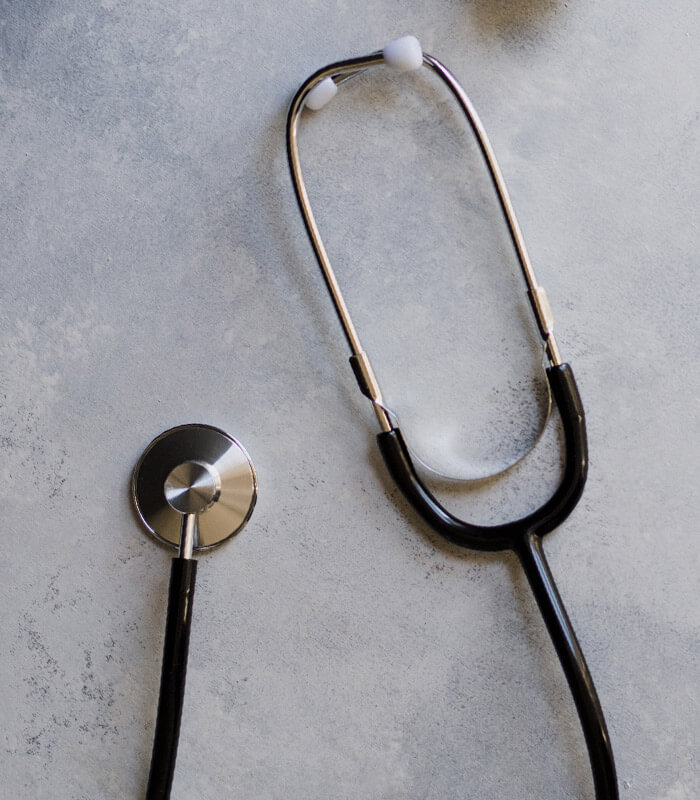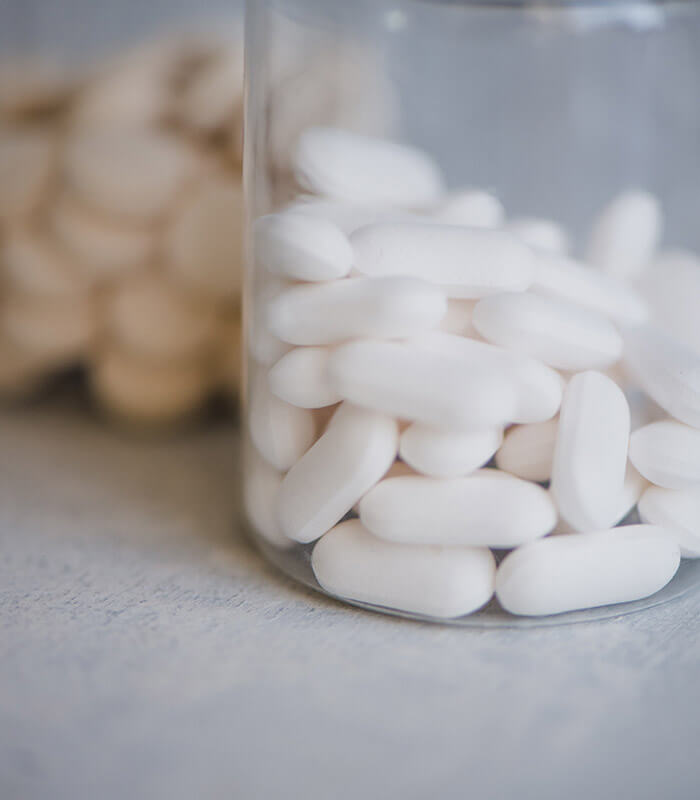Risk of Acute Kidney Injury
Cardiac surgery with cardiopulmonary bypass is associated with a significant risk of acute kidney injury (AKI). The incidence of postoperative acute kidney injury (AKI) in patients undergoing cardiac surgery ranges from 7.7% to 28.1% in different studies and can therefore be considered a major health risk and medical need.
Protective effects of SUL-compounds
Currently there is no therapy or drugs available for the protection against AKI during major surgery. Sulfateq BV has conducted successful animal studies using its SUL-compounds to inhibit the occurrence of kidney injury following damage. SUL-138 is focused around AKI during invasive (heart) surgery, as successful prophylactic treatment will increase post-operative survival rate and decrease the hospitalization costs. We therefore see huge potential to address this major organ related medical need with SUL-compounds based drug development. At this moment Sulfateq is engaged in final pre-clinical development of SUL-138, i.e. safety pharmacology, while drafting proposals for Phase I and Phase II clinical studies.
Rationale for AKI:
- There is currently no therapy available for kidney protection, or organ protection in general, during major surgery
- The incidence of AKI is approx. 1.5 million patients a year worldwide
- In the USA alone, hospital-acquired AKI accounts for approx. 9 billion USD in medical costs annually
- The clinical development of AKI treatments are relatively short, because
- Open-heart surgery has a worldwide standardized protocol
- In surgery treatment and monitoring is performed by an anaesthesiologist
- Well-defined clinical biomarkers and outcomes
- Good monitoring protocols for patients enrolled in RCTs (before, during, after)
- Close working relationship with Local Centre of Excellence (University Medical Centre Groningen, Nephrology) who have a extensive experience with clinical trials especially in kidney disease
Benefits of SUL compounds for AKI prevention
The background of developing the SUL-138 is the natural process of hibernation. This is characterized by continuous cooling-rewarming cycles (torpor and arousal), which evoke critical organ damage in non-hibernating mammals, but not in hibernating mammals. Sulfateq has been inspired by mammalian hibernation to develop new propriety compounds that can offer similar protection against organ damage. In preclinical testing, SUL-138 show high efficacy in the protection against cooling-rewarming damage in cell culture, and animal models for acute and chronic kidney disease.
Thus far, SUL-138 has proven to increase mitochondrial respiration during stress, thereby allowing for faster recovery of ATP. This effect was observed in various cell culture models for oxidative stress and cooling-rewarming injury. Moreover, in an animal experiment employing a deep, whole body cooling in an anesthetized rat, the mixture of stereoisomer (the fully protect the kidney from cooling-rewarming induced organ damage). In this experiment, this mixture was administered via continuous intravenous infusion without any side-effects. As systemic biomarker for therapeutic efficacy of the SUL-138, the reduction in plasma ROS levels was used.
Translated into clinical practice, the main benefits of SUL-138 for Acute Kidney Injury prevention are:
- Improve survival rate of major surgery
- Reduce days spent in ICU & days spent in hospital
- Prevention of the need for renal replacement therapies (e.g. dialysis)
Read more about the mechanism-of-action of our SUL-138 compound below.
Interested in investing?
Due to the rapid expansion of the company and developments in the markets we are currently looking for new investors or funding opportunities to develop and expand further business. Are you interested in investing in a breakthrough solution for the prevention of Acute Kidney Injury.



